![]() I think I really wanted to like this film. Not in the kind of way that young girls like a Ryan Gosling film, or brand new film school grads like a dark, masculine, independent movie, I just wanted to see something good, something that took me on a journey. Cars, driving, that’s gotta go somewhere, right?
I think I really wanted to like this film. Not in the kind of way that young girls like a Ryan Gosling film, or brand new film school grads like a dark, masculine, independent movie, I just wanted to see something good, something that took me on a journey. Cars, driving, that’s gotta go somewhere, right?
Well….
Sometimes films like this are accused of being ‘style over substance’. I’d put this one in the ‘half style, half substance’ category. Two halves in Drive’s case, sadly though, do not make a whole. The pace is very slow, especially for a story about a getaway driver. I guess I should admire the director, Nicolas Winding Refyn’s ‘restraint’ here, after all we’ve seen enough Paul Walker films for a lifetime, surely. But it just comes across as indulgent to me. The kind of long-but-not-much-happening closeups are an example of the kind of indulgence only a known actor can draw from a relatively unknown director. The kitsch Pulp Fiction-esque design and motif of yellow light (a none-too-subtle ‘ray of hope’, perhaps?) continually seeping through give a strong signature to the film, but I’m left wondering what exactly was the point of the whole experience.
I’m curious if anyone else thought there was development in Gosling’s character, ‘Driver’. He began as a brooding, emotionally disconnected stunt-man, with no friends or family, and he ended the same way, passing by similar territory in the middle. (Though, given Refyn’s other best-known film, Bronson, character development is clearly not as important as character uniqueness). The two women in the film proved little more than that women are peripheral in any ‘masculine’ film and became useful ‘props’ to the violence, but little else. Carey Mulligan’s character had no way within the dialogue to show us why on earth she ever ended up with Standard, her child’s father, or why – if she was devoted to him – she would get so cosy with Driver. Christina Hendricks’ Blanche (what is with these first draft character names?) has an embarrassingly short life-span, prompting me to question why on earth she took the job in the first place. Ron Perlman is always a good bad guy, but just had nowhere to go. Albert Brooks has the breakthrough he has sought for years, finally playing a truly evil mob boss, without ever losing the charm or humor he is universally loved for.
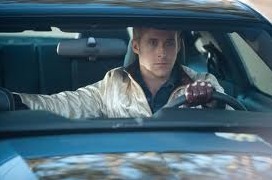 Interviews with Gosling indicate that Refyn, in the rehearsal process, allowed him to ‘strip back the dialogue’ to the point of almost non-existence. I wish I could say that Ryan Gosling exhibits the depth required to carry no lines, but I don’t feel he does. Clearly many disagree with me but I’m just not buying the tough guy act either. He is a very charismatic guy, but this film reminds me of Vinnie Chase in his first ‘art’ film outing as Pablo Escobar. I can suspend my disbelief, I just can’t actually believe it.
Interviews with Gosling indicate that Refyn, in the rehearsal process, allowed him to ‘strip back the dialogue’ to the point of almost non-existence. I wish I could say that Ryan Gosling exhibits the depth required to carry no lines, but I don’t feel he does. Clearly many disagree with me but I’m just not buying the tough guy act either. He is a very charismatic guy, but this film reminds me of Vinnie Chase in his first ‘art’ film outing as Pablo Escobar. I can suspend my disbelief, I just can’t actually believe it.
by Paul Barry
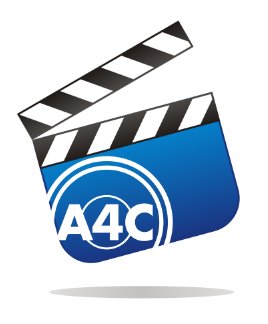
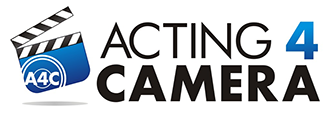
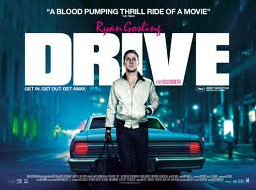

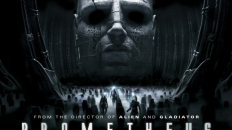
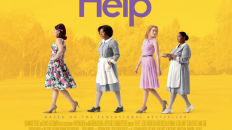
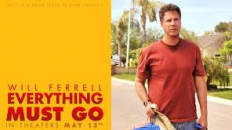
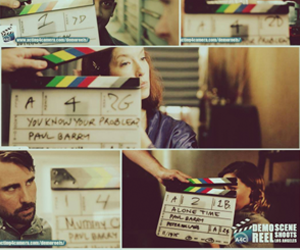

Follow Us!